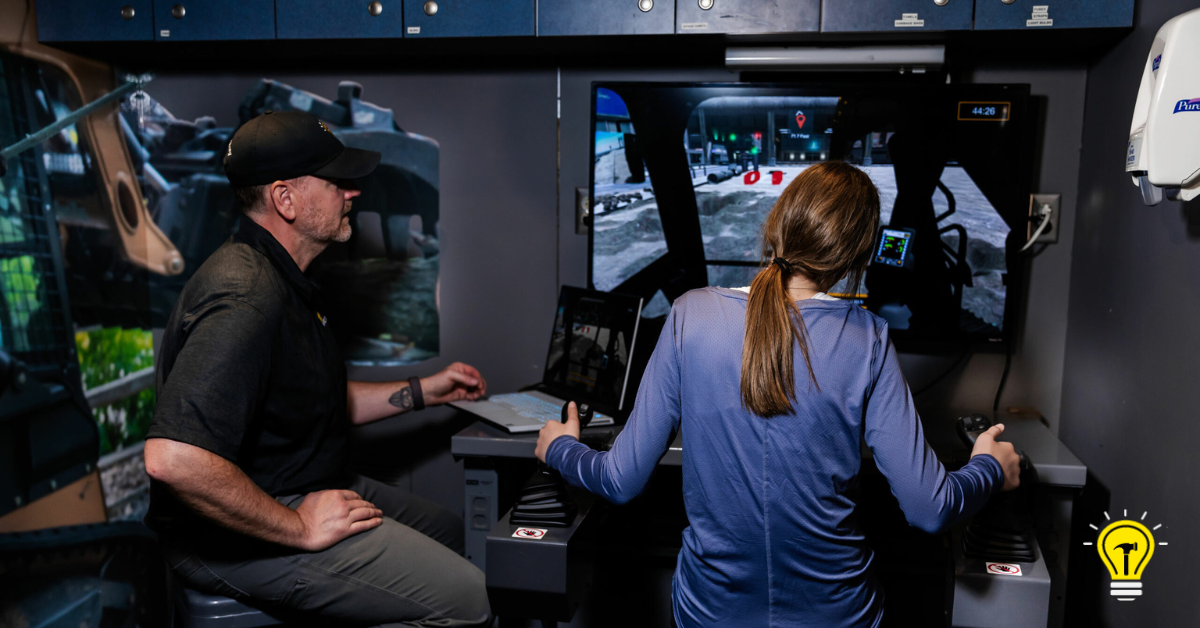The Benefits of Hands-On Learning: Why Skilled Trades Education Matters

In the contemporary world of education, the debate on learning methodologies continues to rage. While theoretical knowledge has its merits, there’s a burgeoning acknowledgment of the efficacy of hands-on training, especially in the realm of skilled trades. This article delves into why hands-on experience is vital, and how it can be the gateway to lucrative hands-on careers.
A Deep Dive into Hands-On Training
Learning a trade isn’t merely about grasping concepts; it’s about translating that understanding into tangible skills. It’s one thing to read about the dynamics of electrical circuits, and quite another to wire a room safely. This is where hands-on training steps in, bridging the gap between knowledge and application.
One might ask, why is hands-on learning important? Here are a few compelling reasons:
- Enhanced Problem-Solving Skills: Hands-on trade experiences force learners to think on their feet. In a real-world setting, challenges are unpredictable. Practical job training ensures individuals are adept at diagnosing issues and finding innovative solutions.
- Fostering Creativity: Theoretical learning often confines thinking within established parameters. In contrast, hands-on experience encourages experimentation. It stimulates both visual and spatial sides of the brain, fostering a holistic approach to tasks.
- Preparation for Real-World Challenges: Reading about a technique and implementing it under actual job conditions are worlds apart. Hands-on training in skilled trades readies individuals for the myriad scenarios they’ll face in their professional lives, from managing tools to ensuring safety.
The Unparalleled Value of Trade Schools and Apprenticeships
Trade schools and apprenticeships offer a unique blend of theoretical and practical learning. These platforms provide the quintessential hands-on experience, ensuring that when students step into the professional realm, they’re not novices but skilled professionals.
- Trade Schools: Institutions focusing on specific trades offer curricula tailored to industry needs. Whether you’re wielding a welding torch or crafting intricate woodwork, the training is immersive and intensive. By learning a trade at such schools, students receive a holistic education, merging the best of theory and practice.
- Apprenticeships: These are the epitome of experiential learning. Working under seasoned professionals, apprentices get a first-hand view of the trade. The beauty of apprenticeships lies in their real-time feedback loop. Every day is a lesson, every task a test, ensuring continuous growth and refinement of skills.
Hands-On Learning: The Future of Education
With the changing dynamics of the job market, the benefits of hands-on learning become even more evident. Traditional classroom learning, while valuable, often lacks the immediacy and reality of hands-on training. Skilled trades education recognizes this gap and strives to bridge it. Whether it’s through tactile experiences that engage various senses or through fostering a deep connection between learners and their chosen trade, the emphasis is clear: doing is as crucial as knowing.
The real-world applicability of what’s learned amplifies the value of hands-on careers. From the immediate satisfaction of seeing a task come to fruition to the deep-seated joy of knowing that one’s work has tangible benefits for society, the rewards of skilled trades are manifold.
As the world veers towards a more hands-on approach to learning and job training, skilled trades stand at the forefront of this revolution. By intertwining theory with practice, they offer a robust, comprehensive education, preparing students not just for jobs, but for fulfilling, lifelong careers. So, if you’re pondering the path ahead, remember: the future is in your hands, quite literally. Start sparking Big Ideas.